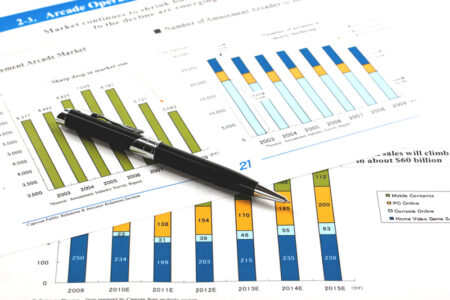Written by Karen Brettell
NEW YORK (Reuters) – The dollar hit a three-week high against the euro on Wednesday after the ADP national employment report showed that jobs in the U.S. private sector increased more than expected in September, ahead of jobs data expected on Friday.
Traders are also closely monitoring geopolitical tensions a day after Israel was attacked by Iran in a blow that raised fears the oil-producing Middle East could be plunged into a wider conflict.
ADP’s national employment report on Wednesday showed private sector payrolls increased by 143,000 jobs last month after rising by an upwardly revised 103,000 jobs in August. Economists polled by Reuters had expected the addition of 120,000 jobs.
“The ADP number looks very good and suggests a good non-farm payrolls print,” said Brad Bechtel, global head of FX at Jefferies in New York.
The government’s September nonfarm payrolls report on Friday is expected to show that employers added 140,000 jobs during the month, while the unemployment rate remained steady at 4.2%, according to economists polled by Reuters.
Improving economic data and more hawkish comments from Federal Reserve Chairman Jerome Powell on Monday strengthened the dollar and prompted traders to scale back their bets that the US central bank will cut interest rates by another 50 basis points when it meets next month.
“There’s a little bit of a subtle shift here where people have become less concerned about the United States, priced less in terms of big interest rate cuts here in the United States, and views have changed on other areas,” Bechtel said.
Traders are now placing a 34% probability of a 50 basis point cut at the Fed’s November 6-7 meeting, down from 57% a week ago, CME Group’s (NASDAQ:) FedWatch tool shows.
The Institute for Supply Management’s non-manufacturing report on Thursday will also provide more clues about the strength of the US economy.
The index rose to 101.58, the highest level since September 11, from 101.20 late Tuesday. The euro fell to $1.10433, the lowest level since September 11, from $1.10683.
The single currency fell amid growing expectations that the European Central Bank will cut interest rates later this month as inflation declines.
The yen also fell after Prime Minister Shigeru Ishiba said that Japan is not in an environment that allows for a further increase in interest rates, in an apparent attempt to shed his reputation as a monetary hawk, after a meeting with Bank of Japan Governor Kazuo Ueda on Wednesday.
The dollar rose to 145.73 yen from 143.57 late Tuesday.
Demand for safe-haven currencies including the yen and Swiss franc fell on Tuesday as tensions in the Middle East appeared to ease.
Iran said on Wednesday that the attack, its largest on Israel, was aimed at preventing further provocations, but Israel and the United States promised to respond forcefully.
